Indonesia's approach to Waste-to-Energy
By Inez RakhmaniIndonesia currently has over 230 million inhabitants spread out in 34 provinces demanding basic supplies for domestic and industrial needs. Electricity now has been playing fundamental roles in the industrial, economic, and domestic activities of the country. In mid-2018, the country’s electrification ratio has reached 97.13%, as reported by the Minister of Energy and Mineral Resources, whilst the national target ratio is 99.9% at the end of 2019.
However, this ratio does not reflect each province’s electricity supply. For instance, Papua province only reached up to 64.42%, whilst the ratio in East Nusa Tenggara province is up to 59.85%. Even big cities such as Jakarta, Bandung, and other capital provinces often experience massive blackouts, due to the damage on the electrical substation, disturbance on transmission network, or lack of electricity generation supply due to the dry season.
Lack of electricity supply often happens in big cities, especially in Java and Sumatra islands, where most populations are living in capital provinces to gain a better life. Like other big cities in the world, very dense populations in these areas have electricity as one of their basic needs, as well as food and freshwater supplies. Previously, lack of electricity in big cities was handled by rotating electricity supply from one area to another during certain times.
As one of the proposed solutions to reach the national target of renewables application in electricity, Indonesia has commenced the development of Waste-to-Energy (WTE) power plants in several big cities. The WTE development plan in Indonesia’s eight big cities has been regarded as a national strategic project. This has been confirmed by the enactment of Presidential Regulation No. 35 of 2018 or the Acceleration of Eco-friendly Waste-to-Energy Power Plant Development.
Another compelling reason for the for implementation of WTE in Indonesia comes from a report conducted by the Coordinating Ministry of Indonesia in Maritime Affairs, in cooperation with the World Bank, which stated that 80% of plastic waste thrown on Indonesia’s ocean area comes from 87 cities in Indonesia, mostly the big ones in Java island. The President of Indonesia has determined action plans to overcome it, such as the application of biodegradable materials in all aspects, 3R waste movement (Reuse, Recycle and Reduce), and WTE power plant development in the densest areas.
Considering the need for waste as input for daily operation, the minimum volume required is 1,000 kg per day. The WTE technology is, so far, applicable to big cities in Indonesia, where landfill areas require more treatment. For instance, Jakarta recently generates about 7,000 kg of wastes per day, more than enough supply of municipal waste input for WTE.
Challenges
As we know, a plan for new development will always face challenges on the way to realisation. One of the toughest challenges is the lack of local resources. WTE technology is still considered a new approach and currently, resources are unavailable in Indonesia. This means that most raw materials, equipment, and skills are needed to be imported from overseas. Several foreign countries have implied for collaboration in WTE resources supply such as the Norwegian and the Danish governments.
Another significant challenge is the lack of funding source for these plants. Importing raw materials, equipment and technology and skills transfer will require a significant funding source. The budget of the regional and central government is limited and considered insufficient for WTE capital initial investment, although the waste inputs are still abundant especially if the WTE plant is located near a landfill site.
Since WTE plant projects have been determined as national strategic projects, then funding sources are currently being assisted by the Ministry of Finance and Coordinating Ministry of Economic Affairs, in cooperation with the Committee for Acceleration of Priority Infrastructure Delivery (KPPIP). Each WTE project is being evaluated in every aspect, in order to decide the best way of financing.
Continuous operational of WTE requires regular supply and support from local people, Non-governmental Organizations (NGOs), and governments. Public perception also plays an important part as nobody wants to live near a WTE plant. The fear of air pollution, high level of noise, impacts on community health, and land issues are some of the negative impacts that should be mitigated prior to a plant’s construction phase. A proper and comprehensive study that covers all aspects for mitigating adverse impacts and boosting positive impacts of WTE plant (such as the decrease of municipal waste volume in the landfill and on the ocean), is a must-have item.
Selecting the best technology for WTE plant projects is also important. Not all cities have the same municipal waste characteristics, thus, an inappropriate type of technology will not be able to produce with high efficiency uniformly. A pre-feasibility study for technology selection and financial outcome is highly recommended in order to gain a high return.
Potential for investment
WTE technology is currently new and unknown. It also provides good solutions for municipal waste management whilst at the same time acts as a good electricity supply for high demand areas. Considering lack of information regarding the implementation of this technology, Indonesia is now looking for foreign partners as the initial step. In this case, the Electricity Generation Cost has been regulated at the national level. However, PT Perusahaan Listrik Nasional (PT PLN), as the state electricity company, must act as the operator for WTE plants in their operational phase as regulated by Indonesian laws.
In order to speed up the establishment of a new business entity, the Government of Indonesia has reformed the bureaucracy by the enactment of an Online Single Submission (OSS) system. All new businesses are required to register the companies in OSS System. This could lessen the complexity of licensing procedures that has caused many applications to be revoked.
The Investment Coordinating Board (BKPM) of Indonesia has also introduced a Three-Hour Licensing Service. This service covers the priority sectors such as transportation, telecommunication, construction, energy, and mineral resources. As long as the investor who applies for the licenses is the company founder itself and all requirements are complete, the licensing process will only last about three hours.

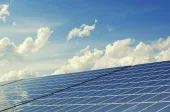

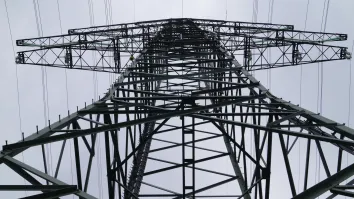
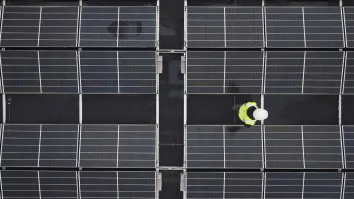
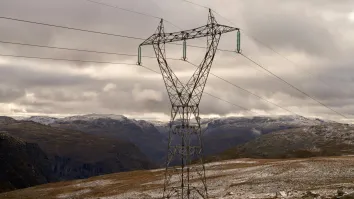
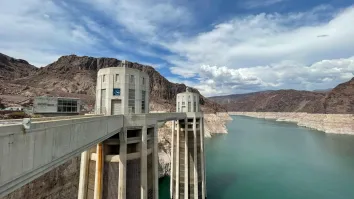
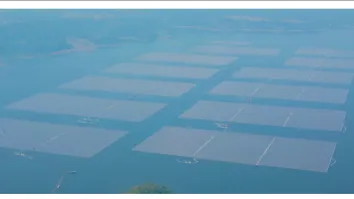
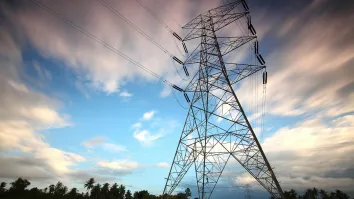
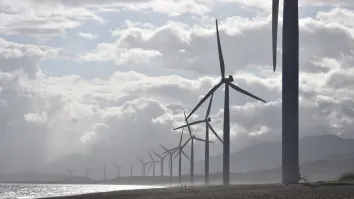
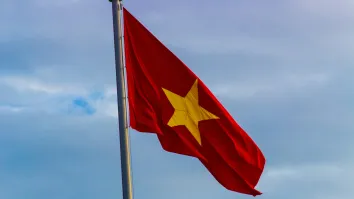
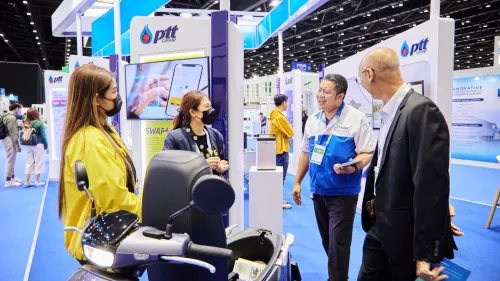
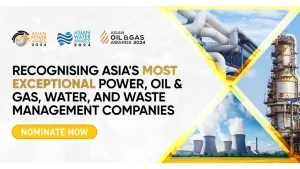
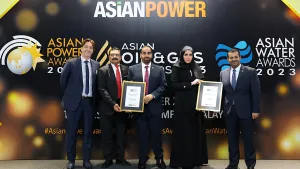
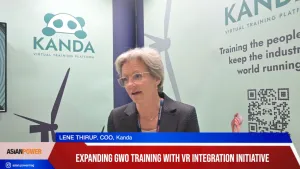





 Advertise
Advertise






